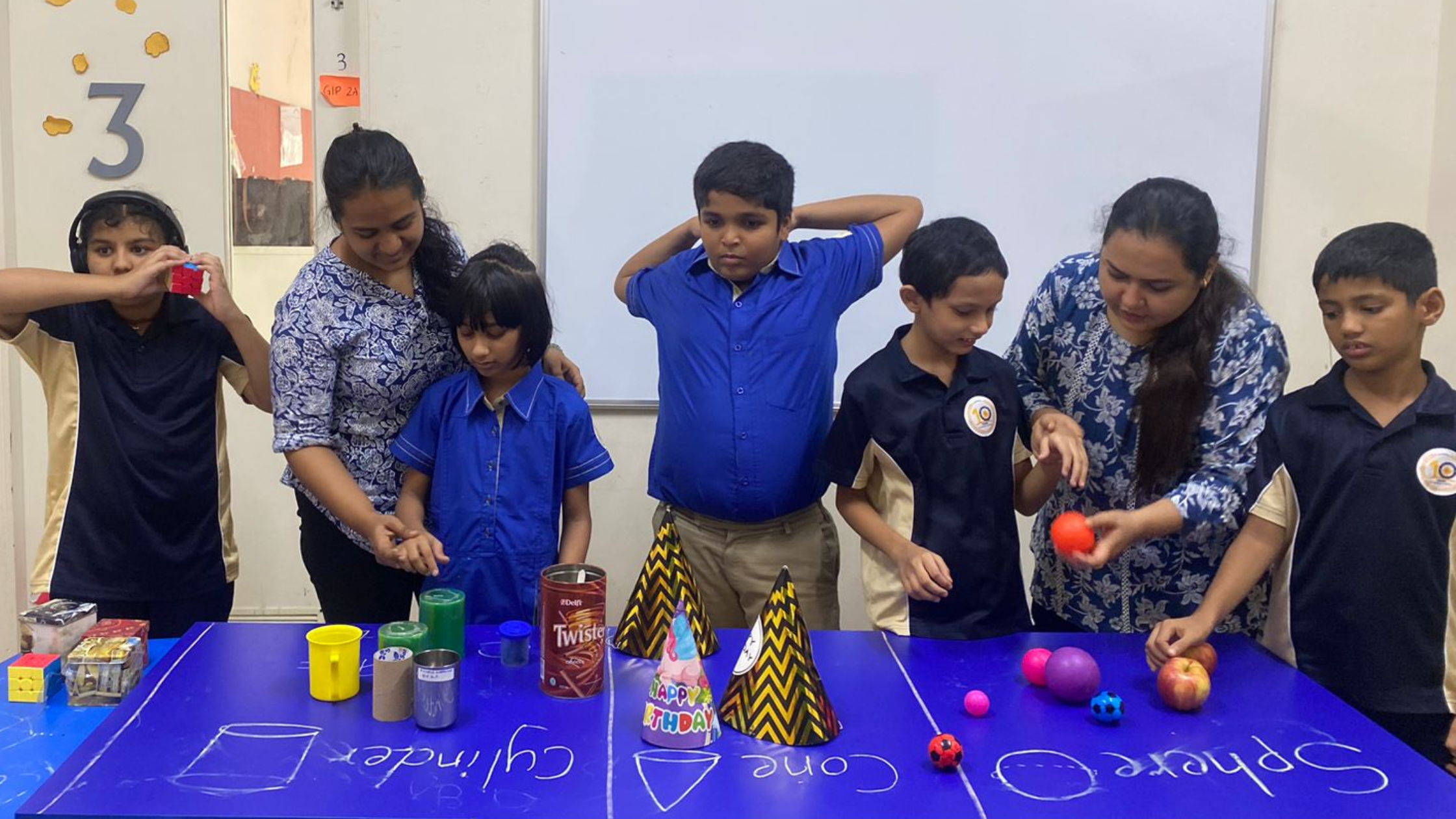

Autism Spectrum Disorder (ASD) affects how individuals communicate and interact. Students with autism may struggle with social cues and sensory sensitivity. Recognizing these challenges is vital for effective support.
Supporting students with autism is a crucial mission for organizations that provide special education. TABIS (The Aditya Birla Integrated School) focuses on creating an inclusive environment. Their strategies aim to enhance learning and social skills among autistic students.
TABIS emphasizes personalized education plans. Each plan is tailored to meet the unique needs of the student. This approach ensures that students receive targeted support.
TABIS promotes collaboration among educators, therapists, and families. This teamwork helps in sharing insights and strategies. It ensures that every student receives comprehensive support.
Social skills are essential for building relationships. TABIS implements programs that teach these skills. Students practice communication and interaction in safe environments.
TABIS creates sensory-friendly spaces in the school. These classrooms reduce distractions and provide calming tools. This environment helps autistic students focus better on learning.
Many students in TABIS programs have shown significant academic growth. For example, a student who struggled with reading improved their skills through teacher support. Their confidence soared, leading to better participation in class.
Another success story involves a student who found it hard to make friends. Through TABIS’ social skills groups, they learned to initiate conversations. This led to lasting friendships and increased social engagement.
TABIS also focuses on behavioural management. A student with challenging behaviours learned self-regulation techniques. As a result, their classroom behaviour improved, creating a more conducive learning environment.
TABIS offers training programs for teachers. These programs equip educators with effective strategies. They learn to adapt their teaching methods for autistic students.
TABIS conducts workshops for parents. These sessions provide resources and tools to support learning at home. Engaging parents is key to reinforcing strategies learned in school.
TABIS provides a range of online materials. These resources include articles, videos, and guides. They are accessible to both educators and families, ensuring continuous learning.
TABIS conducts regular assessments to track progress. These evaluations help in adjusting individualized plans. They ensure that each student is on the right path to success.
Feedback from students, parents, and teachers is crucial. TABIS uses this input to refine its strategies. Continuous improvement is a core aspect of their approach.
TABIS collaborates with local organizations. These partnerships enhance the resources available to students. They provide additional support services and community connections.
TABIS engages in awareness campaigns about autism. These initiatives aim to educate the community. Increased awareness fosters understanding and acceptance.
TABIS is committed to supporting students with autism through effective strategies. Their focus on individualised plans, collaboration, and skill development leads to significant successes. By continuing to refine their approach, TABIS remains a leader in autism support within education.
Schools and families, those who are interested in TABIS’ approach, reach out to us for more information. Together, we can create inclusive environments that empower all students.